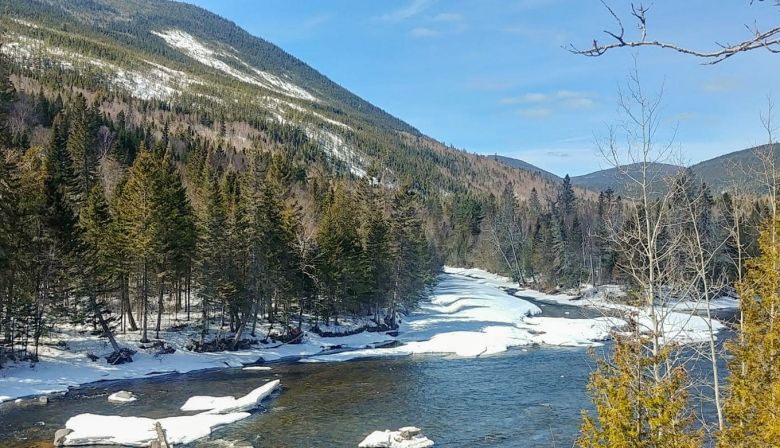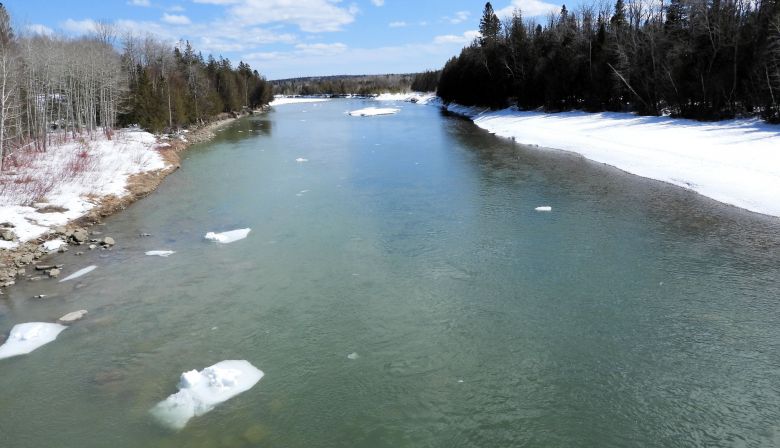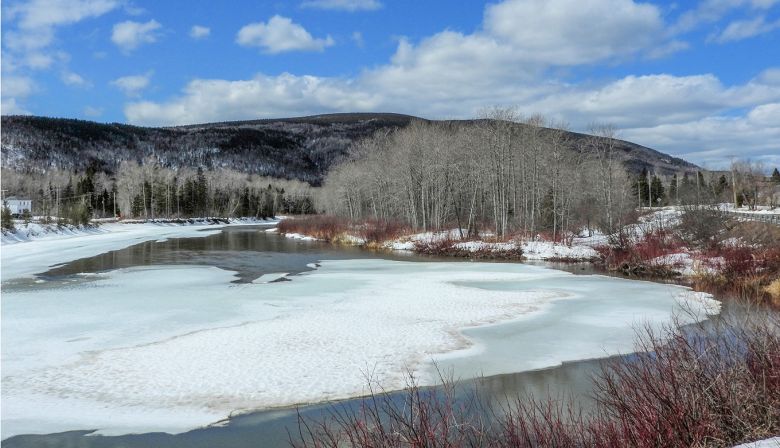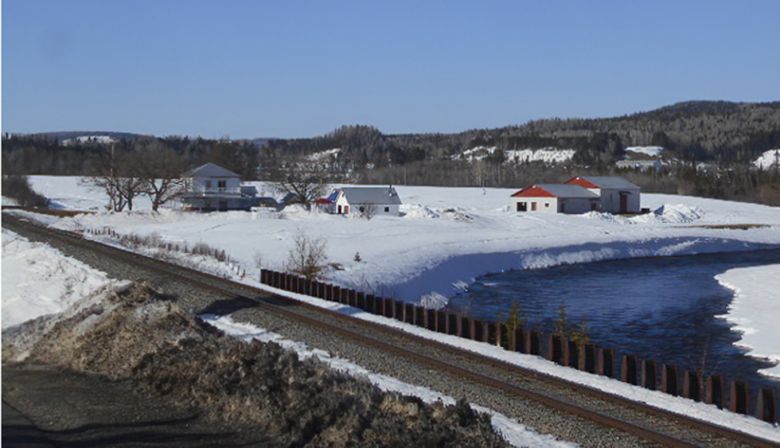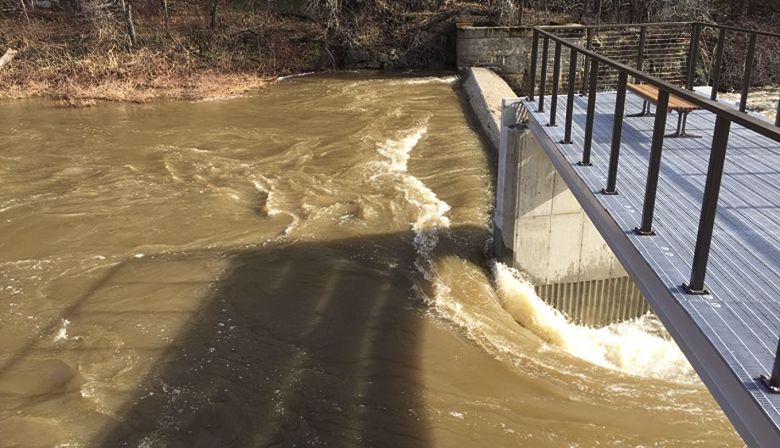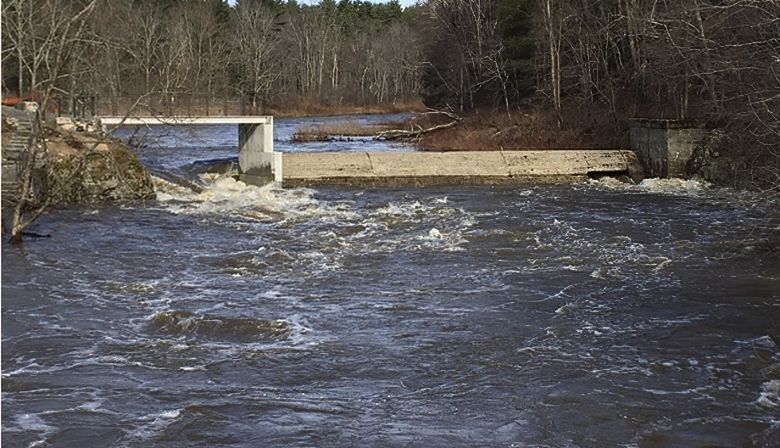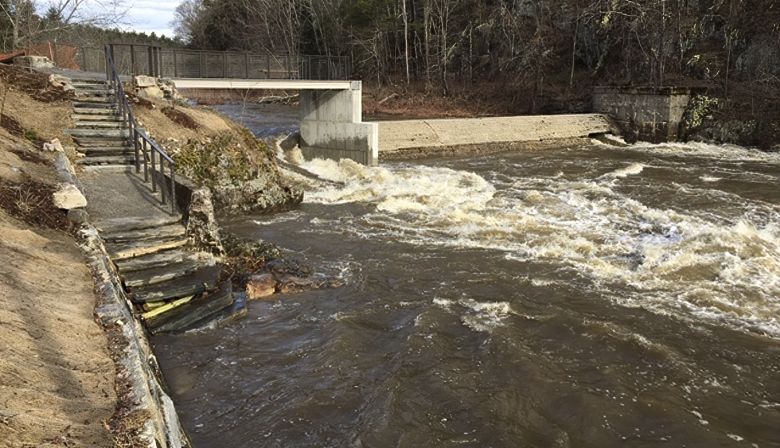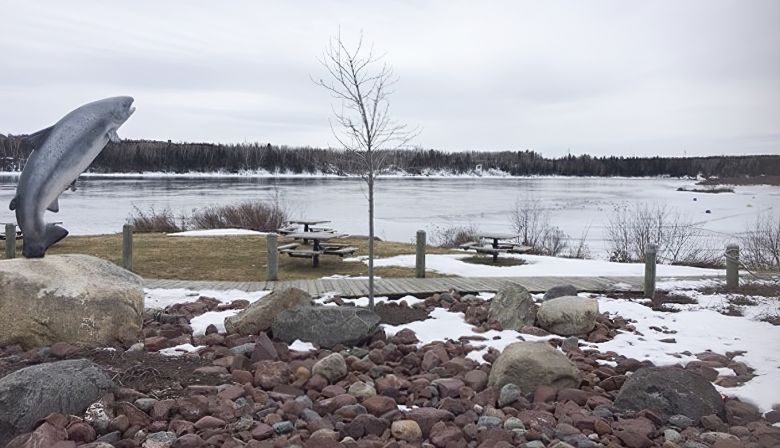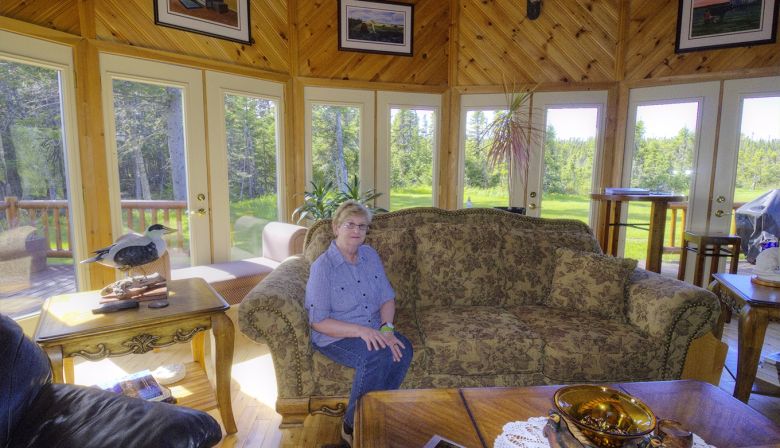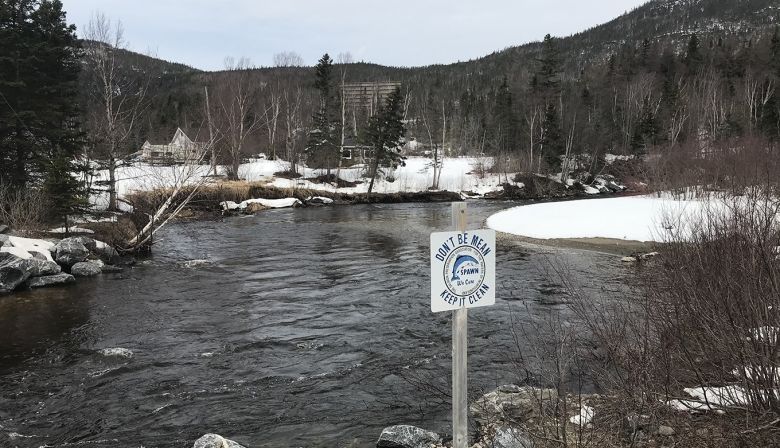Mike and his partners have three camps – one on Crookes Lake for trophy trout fishing, another on the Hawke River for Atlantic salmon and a third on Flowers River, also focused on Atlantic salmon.
He says that to date they have had a couple of cancellations, but not a major impact on the season. But like Gander River Outfitters, Mike Crosby’s lodges rely on half their clients being American.
The Crookes Lake season runs from June 15 to July 15, and if the border is not open by early June, it will impact this part of their recreational fishing operation.
For Hawke River, the June 25 to July 25 period is key, and for Flowers River, the season runs from mid-July to early September, giving somewhat more time for travel conditions to improve.

